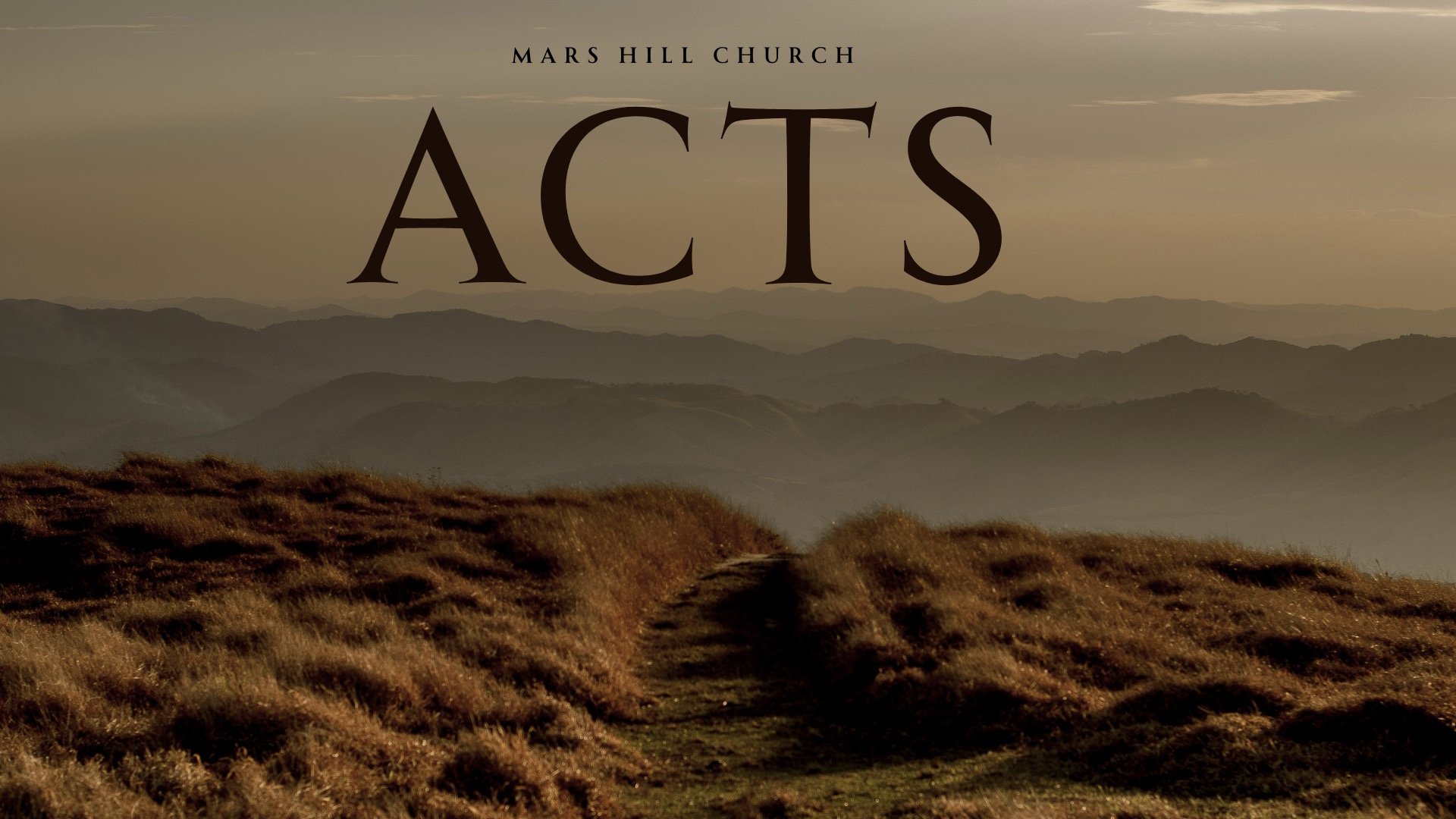Acts 1:15-20a
ACTS STUDY DISCUSSION QUESTIONS
What did you find shining in the text or in the teaching from our study of Acts 1:15-20a on Sunday?
What characteristics and patterns do you observe in Acts 1:12-26 as the disciples wait? Based on these verses, would you say the disciples were inactive while they waited? What can we learn about waiting on God from what these disciples do? What action or statement from the upper room scene stands out to you most and why?
Why is it so significant that Peter stands up, takes on a leadership role, and addresses this gathering as a family considering Luke 22:31-34 and 54-62? What has happened (cf. John 21:9-12 and 15-19)? What does this teach us about the grace of God, Jesus’ power to restore, and about ourselves?
What is your process for making difficult decisions? How much do prayer, gospel community, the Scriptures, and waiting play a part?
In making his case that they needed to replace Judas, Peter could have appealed to common sense. In other words, he could have appealed to the fact that there were 12 tribes in Israel, 12 disciples, and Jesus promised that the disciples be honored over 12 kingdoms in the Kingdom of God (cf. Lk 22:28-30 and Matt 19:28), or he could have appealed to the common Sanhedrin council number of 10 people per representative (i.e., The ratio of 120:12 and being short one apostle). Instead, what does Peter sift his thinking through and root his reasoning in according to Acts 1:15-17 and 20, and how is this instructive for us?
How do Peter and these early disciples view the Bible according to what Peter says in Acts 1:15? What did Jesus say and do in Luke 24:27, and how are Peter’s actions similar in Acts 1:15-17 and 20? What does all of this teach us about how to read the Bible?
Despite apparent differences between Matthew and Luke regarding Judas’ death, most scholars suggest their similarities help us understand the emphasis: 1) a field was purchased with Judas’ betrayal money, 2) Judas’ died a grim death, and 3) the field was widely known as the Field of Blood. Matthew adds that the field was used as a cemetery for those who were strangers to the ways of God (cf. Matt 27:7-8). What does all of this added emphasis on death teach us about following the way of Judas and rejecting Jesus? What phrase does Luke use in Acts 1:18a that is similar to Romans 3:23? In contrast, what are we offered in Jesus according to John 10:10, and what will these disciples receive in Acts 2 according to Isaiah 32:15? How does the contrast between a desolate field of blood for strangers to God and a fruit-filled garden communicate the good news of the gospel of Jesus?
How has the study of God’s word in these verses encouraged, challenged, or convicted you? How can we better model these early disciples in our own gospel community?


